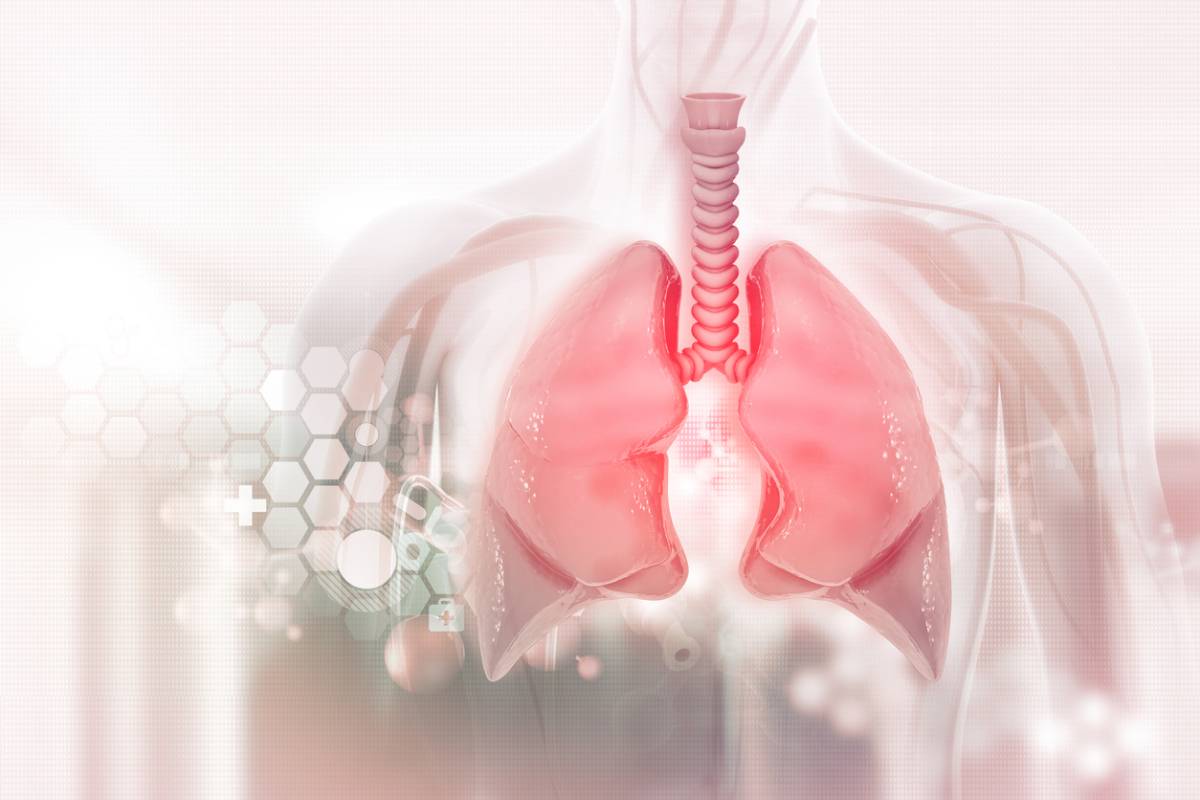Lung health is highly important due to the integral role your lungs play in your overall health and daily life. Lung diseases are common and impact millions of people across the globe. Now, lung disease may be caused by infections, genetics, smoking, or a variety of other factors. Below are some of the common types of lung disease. Let’s look at the types of lung diseases and their causes.
Types of Lung Diseases and Their Causes
There are a wide variety of lung diseases that can impact your health. Certain lung diseases can impact different areas of your lungs due to their complex nature. The following are some of the most common lung diseases.
Asthma:
When you breathe, the air goes through your windpipe and then into your bronchi. Your bronchi are the small tubes that branch off from your windpipe. These airways can be impacted by a variety of diseases, but the most common is asthma. Asthma occurs because your airways are continuously inflamed. Untreated asthma can cause a variety of unwanted issues such as wheezing or trouble breathing. Contact an asthma doctor in New York as they can provide effective treatment options for your condition.
Pneumonia:
Your lungs have air sacs called alveoli and they make up the majority of your lung’s tissue. The alveoli can be found in clusters at the end of your airways. Pneumonia is an infection in your alveoli and is often caused by bacteria or viruses. Pneumonia requires medical treatment to help reduce the impact of your symptoms.
Obesity Hypoventilation Syndrome:
Your chest wall is integral when it comes to breathing. This is because your muscles connect your ribs to one another, which helps your chest expand and contract. Your diaphragm is also involved in the breathing process as it helps with expanding your chest. For those who are obese, the impact of carrying the extra weight can be a major pressure on your body and your lungs. This is because the excess weight can make it difficult for your chest to expand, which can cause breathing problems. Maintaining a healthy weight is necessary for your overall health, but you should consult with your medical provider for support if you experience any issues with your breathing or lungs.
Pulmonary Embolism:
One side of your heart gets low-oxygen blood from your veins. That side of the heart pumps the low-oxygen blood throughout your lungs. However, a blood clot from another area of your body can travel to your heart and ultimately get pumped into your lungs. When this happens, the clot can stick to your pulmonary arteries and cause issues with your lungs. Some of the issues include shortness of breath and low blood oxygen levels. If you have issues with shortness of breath or chest pain, contact a pulmonologist as soon as possible as pulmonary embolisms can have serious consequences.
Pleural Effusion:
The lining around your lungs and chest wall is referred to as the pleura. A layer of fluid between your lungs and chest wall helps the pleura move up and down as you breath. However, the pleura can be impacted by a variety of diseases, including pleural effusion. This occurs when excess fluid gathers between your lungs and chest wall. This disease can make it difficult to breathe. Depending on the severity of the issue, it may need to be drained, so it’s important to contact a pulmonologist if you are experiencing difficulty breathing.
Pediatric pulmonology in NYC
If you are concerned that your child may be having issues with their lungs, contact Dr. Shukla at the Asthma & Sleep Institute. He is skilled in a variety of treatment options and has been practicing pediatric pulmonology in NYC for years. Contact Dr. Shukla today for an appointment!

